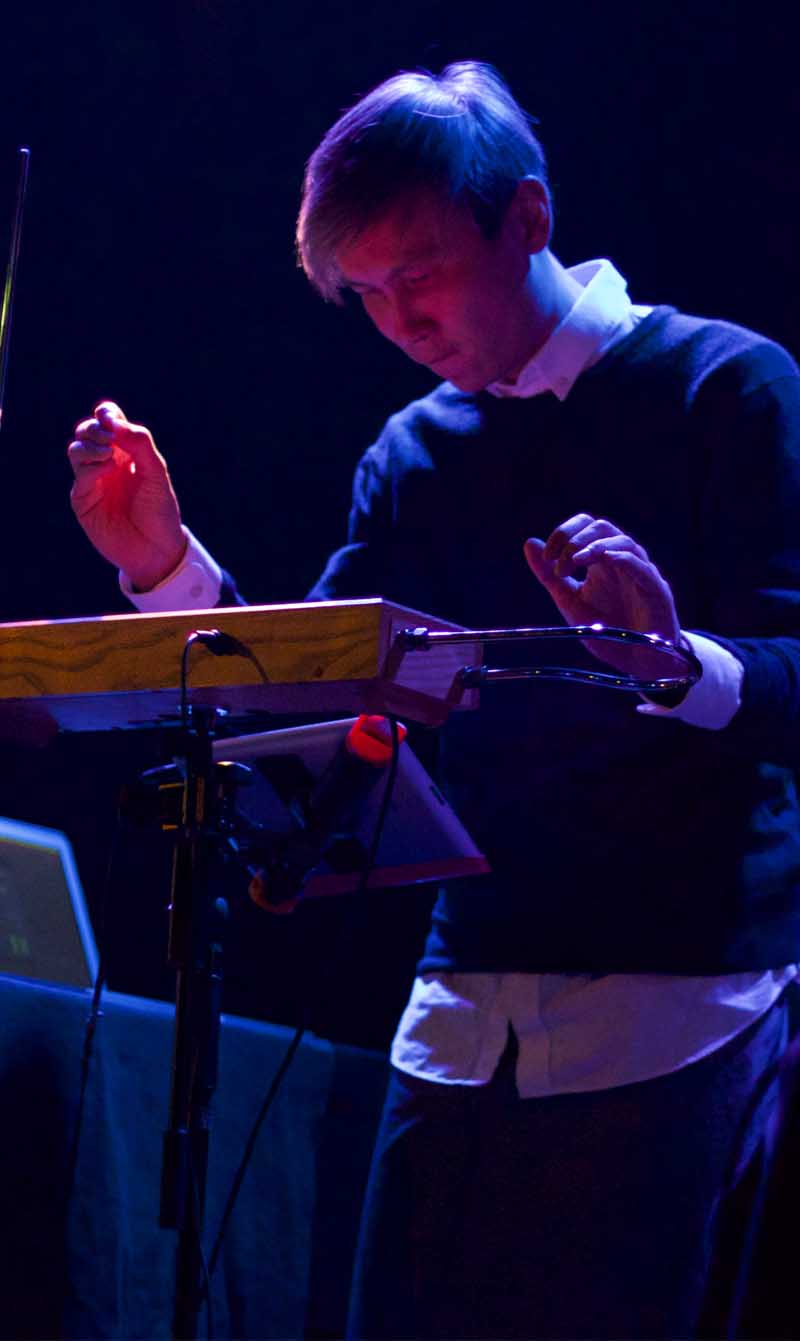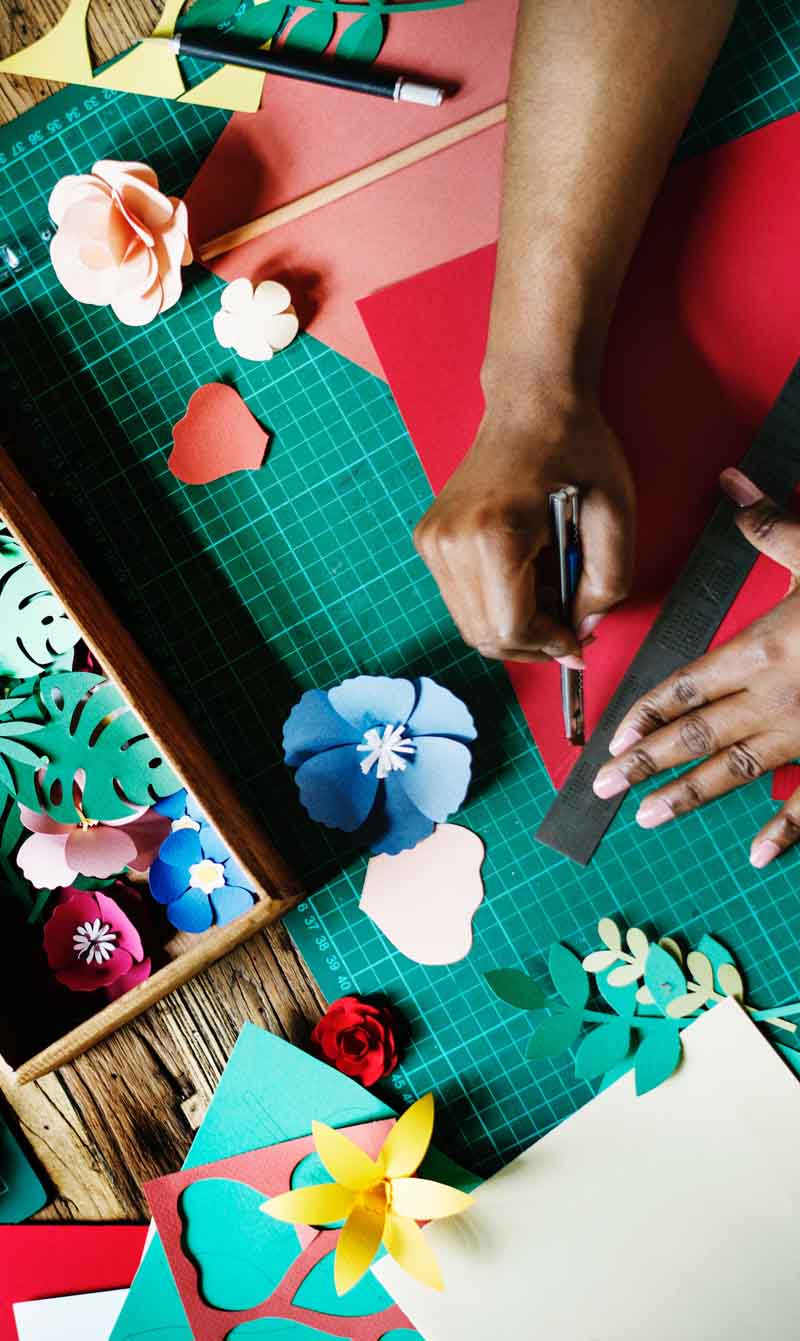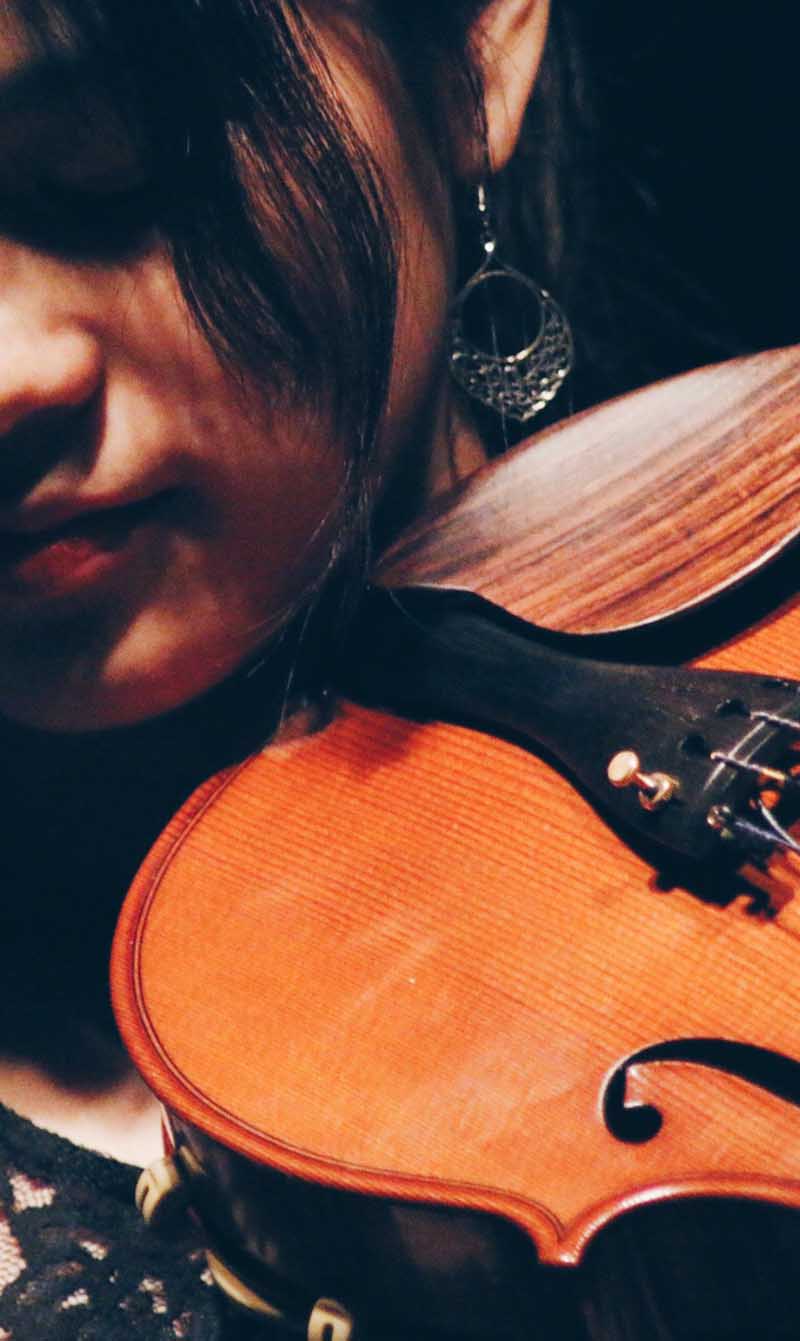Focusing on…Nading Rhapsody
Only half a decade old, Nading Rhapsody, a Borneo ethnic music band is reviving Sarawakian old legacies. They will be performing at this year’s MOCAfest Soundscape concert during the 13th WIEF.
Nading Rhapsody, an avant-garde Borneo ethnic music band, has a unique approach to expressing their love of reviving Sarawakian old legacies. Founded in 2012, Nading Rhapsody is half a decade old. They feature a unique adaptation of ritual chanting, old lullabies, folk songs, myths and stories of ethnic groups in Sarawak.
With a few originally composed songs, their pieces resemble the origins and cultural roots of each band member. They also present a mix of cross-cultural elements with contemporary music. Its band members, aged between 28 and 38, are Christ Sheldon, Petyson Anak Pateh, Royston Kulleh, Keevin Hansi, Randy Walter, Adrian Anak Lasam and Azhfar Raimi.
They’re often experimental, radical and provocative – both in their song arrangements and their image. They will be performing in this year’s Marketplace of Creative Arts (MOCAfest) during the 13th WIEF. We asked them a few questions, and here’s what they had to say:
1. Where do you see Nading Rhapsody five years from now?
While we really love performing, there is more than just being on stage for us. Apart from performing on stage, we have started delving more towards each one of our passions.
In late 2016, we participated in the global platform movement when we joined one of TEDx chains, TEDx Sungai. They suggested that we give talks from a point of view of arts and culture practitioners.
Earlier in 2017, we curated a poem session where we housed a collective poet group and crossed boundaries between ethnicity and languages to recite poems and share spoken words.
Then in mid-2017, we collaborated with Seni Pusaka to curate a musical journey. In a theatrical performance, we combined elements of old ritual chants, taboos and haunting ambience staged in Black Box Publika, Kuala Lumpur, Malaysia. These are just a few of the things that have been miraculously achieved by us.
In five years, we would like to open up an academy or an organisation to house arts practitioners, especially local acts. With our extending networks we will probably be able to contribute more, by providing platforms or recommendations to other festivals. We’d also like to travel more and relay their messages with people across the globe.
2. What has been the most challenging thing for Nading Rhapsody?
There was never a dull moment while managing Nading Rhapsody. We are an independent production and not in any way related or linked to other organisations or governmental bodies. So as you see, each step is challenging.
In 2014, after our performance at the Rainforest World Music Festival, we were approached by the Artistic Director of Tong Tong Festival, Arnaud Kokosky Deforchaux. He was interested to invite us to the Netherlands and have us perform at their largest Eurasian music festival in the following year.
Being independent, our most known constrain was our financial status. We were up to our neck and running around, searching high and low, digging deep and most of the time keeping a thick face to ask for funds. After close to 12 months, our prayers were answered. We finally got news from The Royal Arts Gala Fund initiated by My Performing Arts Agency (MYPAA) in collaboration with National Department for Culture and Arts (JKKN). In 2016, we went to The Hague, Netherlands to represent Malaysia at the Tong Tong Festival.
3. What has been the most [good] memorable thing for Nading Rhapsody?
Our most memorable moment was when we performed at the Penang World Music Festival 2014. It was our first (full band) performance outside of Kuching. Something spiritual happened during our on-stage performance. It was unexplainable but a hauntingly beautiful vibe emerged.
Our most current beautiful moment is our latest debut Libretto of Ensera: Sendi which was performed during Pusaka Evenings at Black Box, Publika, Kuala Lumpur in July 2017.
4. How has technology benefitted Nading Rhapsody?
It has helped us reach out to people from various professions, backgrounds and across the region. As messengers, we really appreciate the way technology has managed to connect us to the rest of the world. Facebook, Instagram, Twitter, Yahoo, Google and YouTube has been our most commonly used media.
5. How can the arts be a recognised contributor to a country’s economy?
While some may say that the purpose of arts is non-existence, we beg to differ. The cultural and creative industries have a high potential to contribute to a country’s economic growth. It can create job employment possibilities. Publications, advertising, crafts, textile, exchange of arts and cultural ideas in conferences, entertainments and more – these are known to generate contributions to economic growth.
6. What can we expect from your performance at MOCAfest in November?
We are highlighting the importance to acknowledge the existence of our culture and mother-earth. It will be a blend of something spiritual and also screaming about our nature at the top of our lungs!
7. Can you, collectively, name three of your favourite places in Kuching?
The Carpenter Street & India Street – It has so many things along the stretch. There’s food, books, bicycles, textiles, crafts, cafe’, tattoo parlours, the historical architecture and more.
Our home studio, in Kampung Bumbok – this is where we lay out our ideas, thoughts, feelings, skills, and passion which will be crafted into music, words, and moves.
___________________
For more on 13th WIEF and our Foundation’s initiatives, download our 2017 report here.





